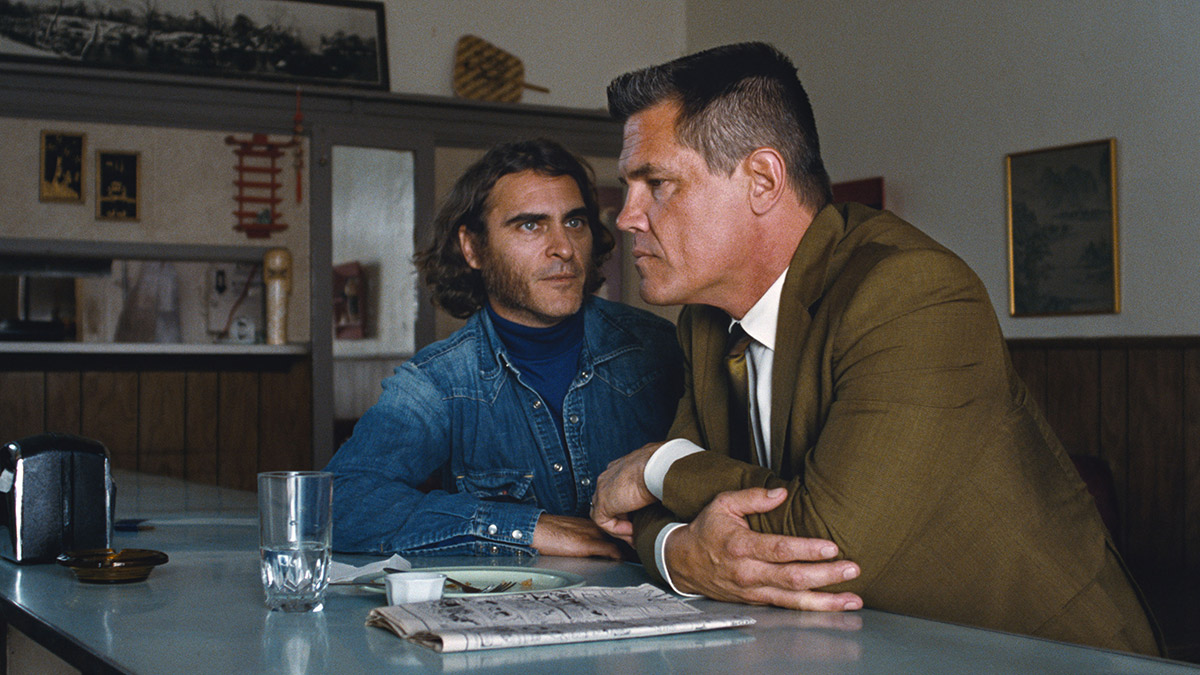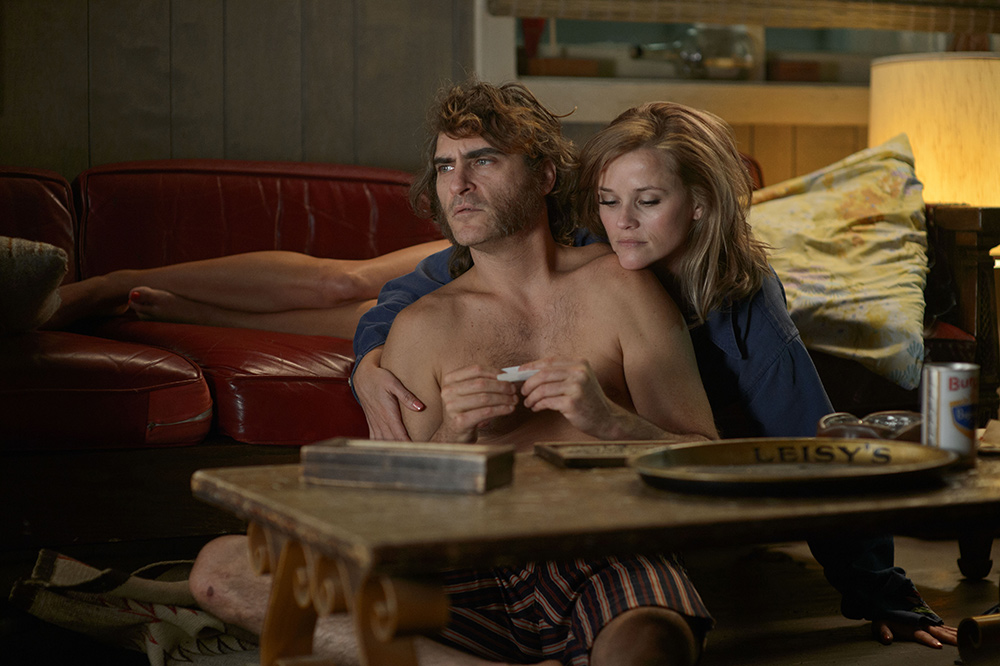
© 2014 Warner Bros. Entertainment Inc., Interactivecorp Films, LLC and RatPac-Dune Entertainment LLC.
Inherent Vice: A '70s California Hidden Figures of intrigue and corruption
2021.06.29
"I'd rather ruin it than have someone else make it into a movie and ruin it."
Paul Thomas Anderson considered adapting Thomas Pynchon's novels `` Vineland '' and `` Mason & Dickson '' into films, but abandoned the idea due to the overwhelming length and difficult story. However, one month before Inherent Vice was released, he learned that Pynchon was willing to sell the movie rights, and jumped at the Being There. I was prepared to say, ``I'd rather ruin it than have someone else make it into a movie and ruin it.''
"It seemed like a perfect encapsulation of a lot of what Pynchon has said in his books over the years. This is the third book he's written about California. It depicts a wonderful paranoia that is absolutely necessary.'' (Quoted from an interview with Paul Thomas Anderson in The Guardian )

“Inherent Vice” © 2014 Warner Bros. Entertainment Inc., Interactivecorp Films, LLC and RatPac-Dune Entertainment LLC.
Anderson immediately began exporting only the dialogue from the original work onto his computer. The original work is huge and the work was quite arduous, but he says it helped him understand the story. He also notices that the story structure is easier to understand than Pynchon's past works (though, of course, compared to a normal novel, it is extremely complex). It has been said that ``Pynchon = impossible to make into a movie,'' but ``Inherent Vice'' was the only subject that was suitable for a movie.
In ` `There Will Be Blood '' (2007), Paul Thomas Anderson made a major adaptation of Upton Sinclair's original story, but as a result, ``Inherent Vice'' has a very different storyline and dialogue. The result is a faithful piece of work.

